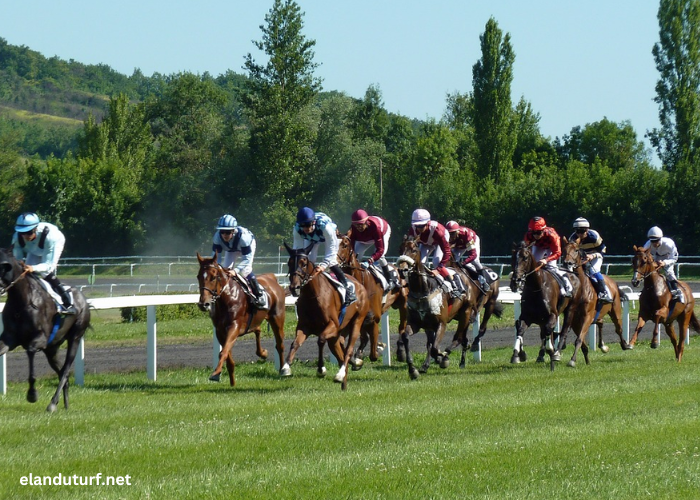Burkina Faso, a landlocked country in West Africa, has seen a myriad of developments in recent years that impact its political, economic, and social landscape. Staying informed about the latest news from Burkina Faso is crucial for understanding the dynamics shaping the country. This article provides an in-depth look into the current news in Burkina Faso today, offering insights into significant events, ongoing issues, and future implications.
Overview of Burkina Faso’s Current Landscape
Political Context
Burkina Faso has experienced considerable political turbulence in recent years. The country’s political landscape has been marked by a series of upheavals, including military coups and changes in leadership. Today, Burkina Faso remains under a transitional government following the recent coup d’état that ousted President Roch Marc Christian Kaboré. The transitional authorities are working to restore stability and prepare for future democratic elections.
Recent political developments include discussions on the country’s path to civilian rule and the establishment of a new constitution. The international community is closely monitoring these processes to ensure that Burkina Faso transitions smoothly to a stable democratic government.
Economic Developments
Economically, Burkina Faso faces significant challenges. The country relies heavily on agriculture, which is vulnerable to climatic variations and market fluctuations. Recent news highlights ongoing efforts to diversify the economy and improve infrastructure. Investments in mining, especially gold extraction, have become a critical component of the economy, contributing to revenue generation and job creation.
However, economic growth is also hampered by security issues and instability. The government and various stakeholders are focused on creating a more resilient economic environment that can withstand external shocks and internal disruptions.
Social Issues and Humanitarian Concerns
Socially, Burkina Faso is dealing with pressing humanitarian concerns. The security situation in the country, particularly in the northern and eastern regions, has led to widespread displacement and humanitarian crises. Armed groups and insurgent activities have displaced thousands of people, creating challenges for humanitarian organizations working to provide aid and support.
The government and international partners are engaged in efforts to address these crises, focusing on providing relief to displaced communities and improving security conditions. There are also ongoing initiatives aimed at promoting education and healthcare to improve the quality of life for Burkina Faso’s citizens.
Key Developments Today
Security and Conflict
Recent headlines from Burkina Faso highlight continued security challenges. The government has been working to combat insurgent groups that have been active in various parts of the country. The security forces are conducting operations to restore order and protect civilians, but the situation remains volatile.
In addition to military efforts, there are diplomatic initiatives aimed at addressing the root causes of conflict and engaging with local communities to promote peace and stability. The international community is providing support through various programs and interventions to assist in these efforts.
Political Reforms and Governance
Today’s news also focuses on the political reforms being undertaken by the transitional government. Discussions are ongoing regarding the drafting of a new constitution and the organization of elections. These reforms are intended to lay the groundwork for a stable and democratic future for Burkina Faso.
The transitional authorities are working to establish a clear roadmap for the transition process, including timelines for key milestones and engagement with political stakeholders and civil society organizations. The goal is to ensure a transparent and inclusive process that reflects the will of the people.
Economic Initiatives and Investments
Economic news from Burkina Faso today includes updates on new investments and development projects. The government is promoting various initiatives aimed at stimulating economic growth and improving infrastructure. This includes projects in sectors such as agriculture, mining, and energy.
Efforts are also being made to enhance trade relations and attract foreign investment. The government is working to create a more favorable business environment by addressing regulatory challenges and improving access to finance for businesses.
Humanitarian and Social Efforts
Humanitarian organizations are actively involved in addressing the needs of displaced communities and providing support in affected regions. Recent reports highlight ongoing efforts to deliver aid, including food, medical supplies, and shelter.
Social programs are also being implemented to support education and healthcare. These initiatives aim to improve the quality of life for those affected by the current crises and promote long-term development and stability.
Implications for the Future
Political Stability and Governance
The future of Burkina Faso will largely depend on the success of the ongoing transition process and the establishment of a stable democratic government. Effective governance, transparent processes, and inclusive political engagement will be crucial for ensuring long-term stability and development.
The international community’s role in supporting Burkina Faso’s transition and addressing humanitarian needs will continue to be important. Collaborative efforts and sustained support can help pave the way for a more stable and prosperous future.
Economic Development and Diversification
Economic diversification and resilience will be key to Burkina Faso’s future growth. By focusing on sectors beyond agriculture and addressing infrastructure needs, the country can build a more robust economy capable of withstanding challenges.
Investment in human capital, including education and skills development, will also play a crucial role in supporting economic progress. Building a skilled workforce and fostering entrepreneurship can drive innovation and economic development.
Social Well-being and Humanitarian Support
Addressing humanitarian needs and promoting social well-being will be essential for achieving lasting stability. Continued support for displaced communities, as well as investments in healthcare and education, will contribute to improving the quality of life and fostering social cohesion.
Efforts to promote peace and security, alongside humanitarian aid, will help create a more stable environment where development can thrive. Ensuring that all communities have access to essential services and opportunities will be vital for building a resilient and inclusive society.
Conclusion
The current news from Burkina Faso reflects a country in transition, facing significant challenges but also making strides toward stability and development. From political reforms and economic initiatives to humanitarian efforts and security concerns, Burkina Faso’s journey is marked by both obstacles and opportunities.
Staying informed about the latest developments is crucial for understanding the evolving situation in Burkina Faso and its implications for the future. As the country navigates its path forward, continued support and engagement from both domestic and international stakeholders will play a key role in shaping a positive outcome for Burkina Faso and its people.



